Antoine Roex, Stalks
In the education sector, keeping databases clean and organised is crucial to the effective management of student information. This article guides you through the best practices for database cleansing, essential for improving data accuracy, system performance, and regulatory compliance. Discover proven techniques for auditing, correcting, and standardising data that will transform the way educational institutions manage their most valuable information assets.
Data standardisation and validation
To guarantee the reliability and accuracy of data in educational institutions, data standardisation and validation are essential. These practices consist of standardising formats and validating data accuracy according to predefined criteria. For example, ensuring that all numerical data follows a uniform format, or that names and addresses are spelt correctly and follow consistent formatting standards. In addition, data validation involves checking data against acceptable ranges or specific formats to identify and correct anomalies, such as dates that do not fall within a logical range or telephone numbers that are missing digits.
Managing duplicates and inconsistencies
Eliminating duplicate data is crucial to maintaining the integrity of data analyses. Duplicates can occur as a result of multiple entries of the same information or imperfect database mergers. It is essential to develop methods to identify and resolve these duplicates, using de-duplication algorithms that examine the subtle differences between entries. In addition, correcting inconsistencies in the data, such as variations in the spelling of place names or date formats, is necessary to ensure accurate analysis. Systems should be able to normalise this data into standard formats for analysis and reporting.
Data enrichment
Data enrichment involves adding relevant information to existing data sets to improve their usefulness and accuracy. This can include integrating external data, such as postcodes or geographic information, to complement internal data. Enrichment can also involve updating outdated information, such as email addresses or telephone numbers, using reliable third-party services to ensure that databases remain current and accurate.
Automating and monitoring data quality
Automating the data cleansing process can significantly increase efficiency and reduce human error. Data cleansing tools can scan databases to automatically detect and correct common errors, such as duplicate entries, formatting inconsistencies and obsolete data. In addition, continuous monitoring of data quality through regular audits and performance indicators enables institutions to maintain high standards over the long term and adjust cleansing procedures in response to changes in data or organisational objectives.
References :
- Airbyte – Data Cleaning: What It Is, Procedure, Best Practices
- Towards Data Science – The Ultimate Guide to Data Cleaning
- Vertify – 5 Database Hygiene Best Practices You can Apply Today
- TRG International – 6 Data Cleansing Best Practices for a Healthier Database
- Data Ladder – Data Cleansing and Data Standardization Best Practices
- Data Ladder – The Complete Guide to Data Cleaning Tools, Solutions & Best Practices for Enterprise Level



